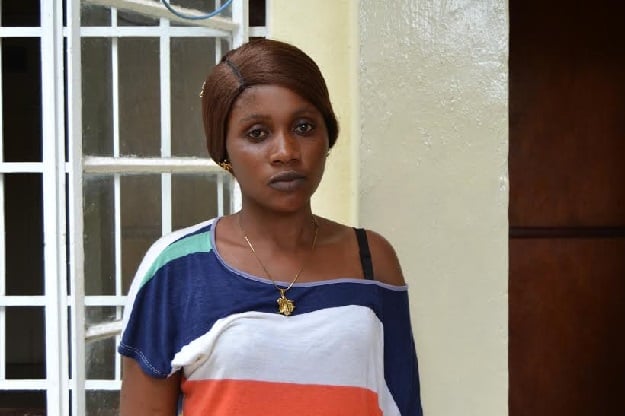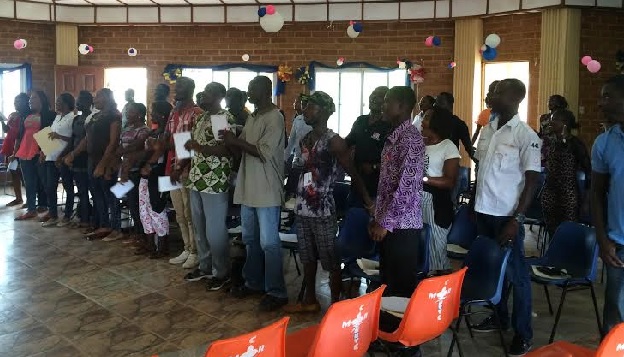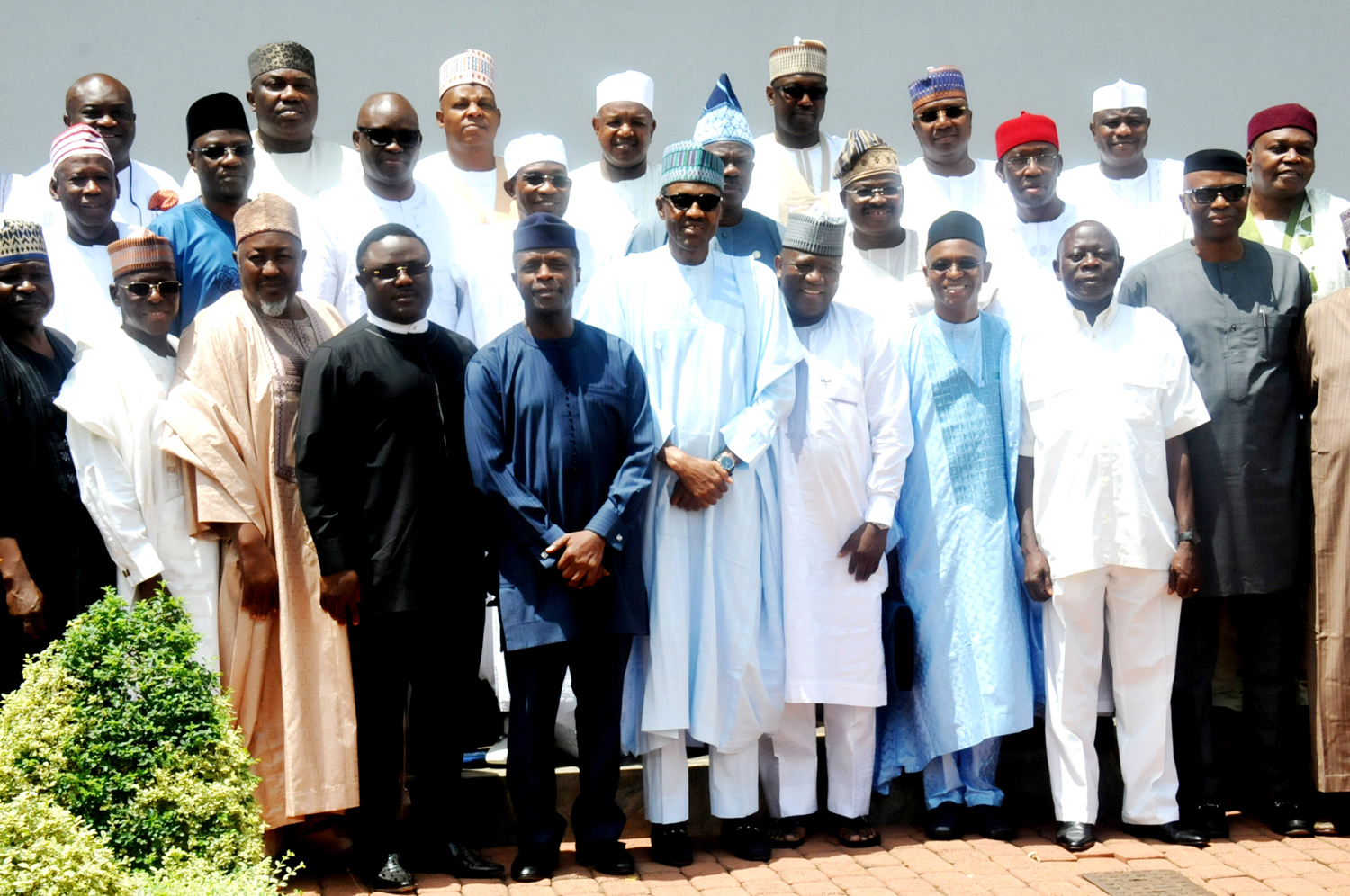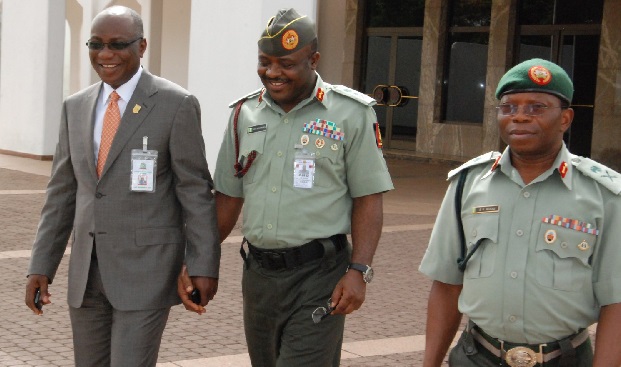BY ABIOLA AFOLABI
Diagnosed with Ebola Virus Disease, Patrick Farley soon discovered that fellow patients were just as desperate to escape the scourge, which would claim over 10,000 lives in Africa.
“I was taken to the JFK Hospital…the health workers at JFK refused to work because of delayed salary payments and we had to carry out a demonstration and threaten to attack them with our [body] fluids before they attended to us,” the Liberian says.
Farley would eventually receive treatment at the Ashland Clinic, and become national president of Ebola Survivors Network, Liberia.
Left with impaired sight, Farley likens the devastation caused by Ebola as similar to the aftermath of war – replete with emotional and physical scars that government bureaucracy is doing nothing to alleviate.
Advertisement
“I lost everything…a lot of our friends are suffering from all sort of problems; some of us are battling with eye problems, impotency, joint pains, headaches and amputated legs.”
The “friends” Farley refers to are some 2,131 Ebola survivors in Liberia, who have formed a collective to articulate their post-Ebola experiences with the aim of seeking compensation, palliative care and reintegration into a society rife with stigmatization, brought on by superstitious and religious beliefs.
FOLLOW THE MONEY
Global pledges, tracked by the United Nations Office for the Coordination of Human Affairs, resulted in at least $1.09 billion in donations for Liberia, a situation that has no bearing on the daily lives of many Ebola survivors. Fieldwork shows that in monetary terms, the highest amount received by any survivor is $200.
Advertisement
Prince Dahnyea, a young stocky man from Nima, which is 400km from the capital, said the International Committee of the Red Cross (ICRC) gave him $200, but MSF also provided protective materials, gloves, and chlorine. Josephine Karwah, the only pregnant woman to survive Ebola, also reports receiving $200 from the ICRC, sent in three tranches via mobile money transfers.
When Farley contracted Ebola in September 2014, Liberia’s Senate was investigating how $5 million of government funding was spent. Nothing has changed; this April, Liberia’s anti-corruption watchdog – the General Auditing Commission – was quoted as saying the handling of another $13 million by the country’s National Ebola Trust Fund was “marred by financial irregularities and material control deficiencies”.
Local reports harped on these unaccounted funds, while civil society seems helpless to mediate. The CSOs, who offered to speak, craved anonymity over the disbursement of monies, saying the Ebola funds could not be easily tracked, as FOI requests sent to the government had not been responded to.
Farley has received no monetary compensation or continuing medical care in Liberia, and believes the Ebola funds are submerged in a maze of government offices, bureaucratic paperwork and corruption: “We can’t clarify if all the donated funds was solely to fight the virus or also to reinstate survivors. Survivors need at least $5,000 to be resettled; they call me every time, being the president, urging for a protest march.”
Advertisement
Paying each Ebola survivor $5,000 in resettlement costs will come to $10.6 million – a mere 0.9% of figures stated on the UN’s website as total funds committed to fighting Ebola in Liberia. It would be in the government’s interest to publicly account for the Ebola Funds, allowing stakeholders know if/what donations came as cash, aid materials or mostly as operational costs for professional or medical staff/volunteers.

AID MUST BE SUSTAINABLE
In Sierra Leone, landlords are evicting survivors, charging outrageous amounts they can’t afford. And though the Social Welfare Ministry gave food, mattresses and soaps, ad hoc food is not enough, according to resident Himahi Mansaray. “It would be preferable if the government helped survivors secure a job to help them make a living,” she says.
South of the border in Monrovia, Farley agrees that survivors need livelihood support. “They lost everything. Not [just] aid; sustainable support to last them for a lifetime [is what they need], not just food and clothing items,” he adds.
Oluseun Onigbinde, lead partner at BudgIT, a civic organisation working to make budgets transparent, says the African continent is once again reminded publicly, with devastating consequences, that it is one thing for donors to promise, pledge and fulfill, and quite another to expect that a matching transparent and accountable system will be instituted in the receiver country, to ensure respite comes to victims of disasters.
Advertisement
“In a world where technology makes the business end of governance easier, simultaneously we see greater opacity in many African governments,” he says.
“The Liberian government has not been transparent, while donors have not leveraged their position sufficiently, to demand global reporting and auditing standards from the operation of these funds.
Advertisement
“Having been to both countries, it is easy to comprehend why, (even though it has the highest number of deaths) it defeated the virus before Sierra Leone. Liberia was declared free of the Ebola Virus Disease on May 9, 2015.
Onigbinde explains that although both countries had generous support from local and international communities, Liberians seemed to have utilised information and understood community engagement better than Sierra Leone.
Advertisement
“There is a visible chlorine water stand at all entrances, in every corner of the country sadly, this was almost non-existent in Sierra Leone that is still facing the scourge of Ebola,” he adds.
“In all, these African countries, it is clear that the challenge is the lack of strong health infrastructures – hospitals, laboratories, workforce – that can stand disease outbreak of this magnitude. This should be the next foreign aid and public spending focus.”
Advertisement
Ebola robbed Farley of his sight; it would be a shame if his government robbed him and other thousands of their right to a peek into what is being done with the Ebola Funds received in their name. Getting this right is critical to ensuring that future spending on health in these countries will count and that citizens will have a sense of belonging that public revenues and aid from the foreign government actually work for them.
Abiola Afolabi works for BudgIT, which manages the Ebola Accountability Initiative – a project funded by The Open Society Initiative for West Africa






